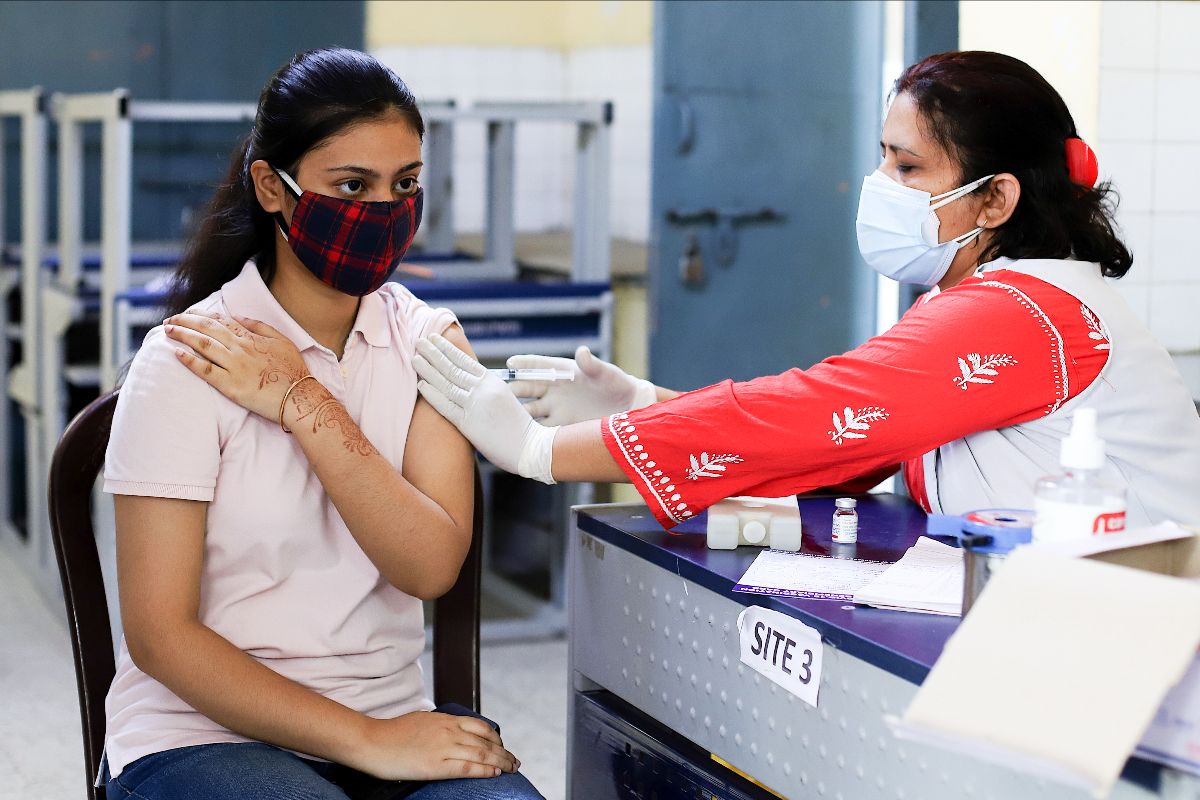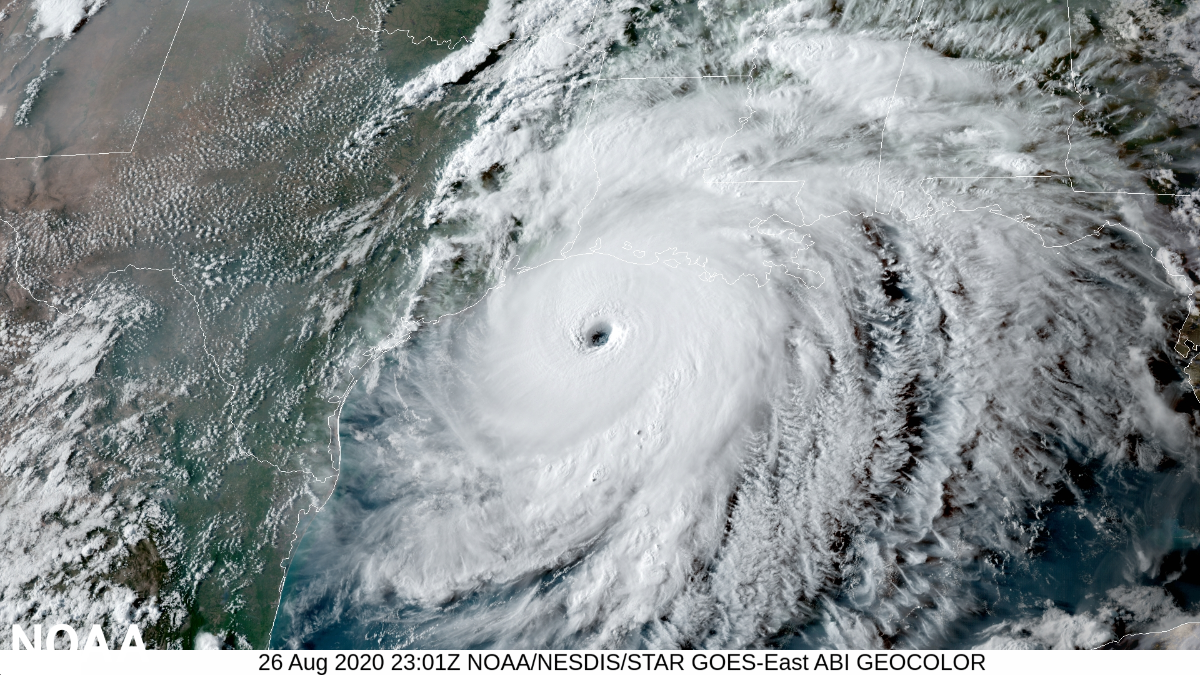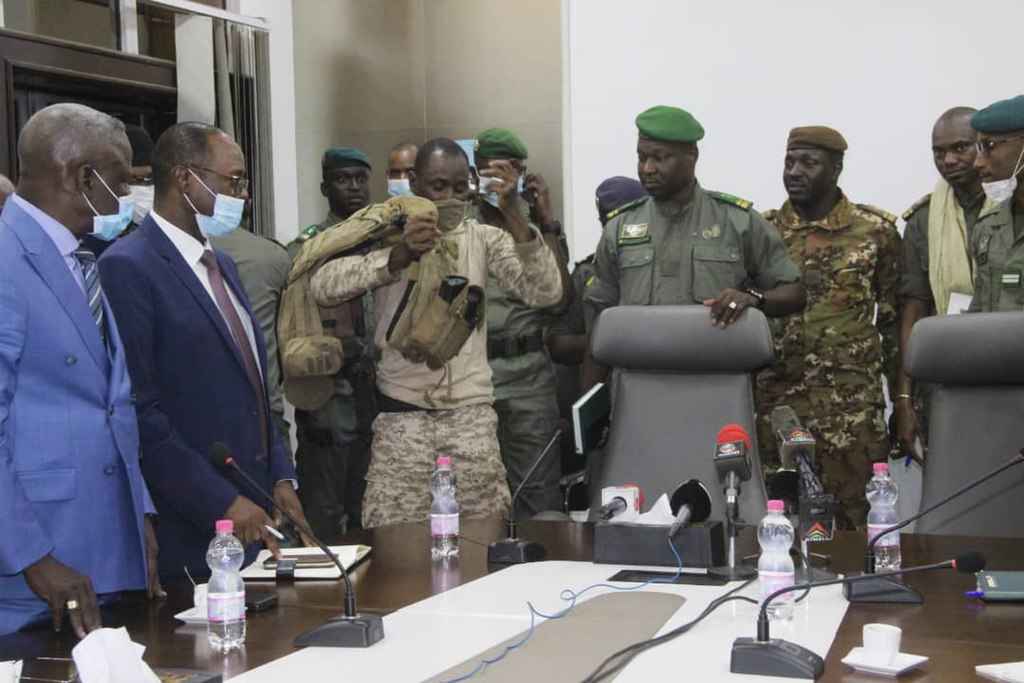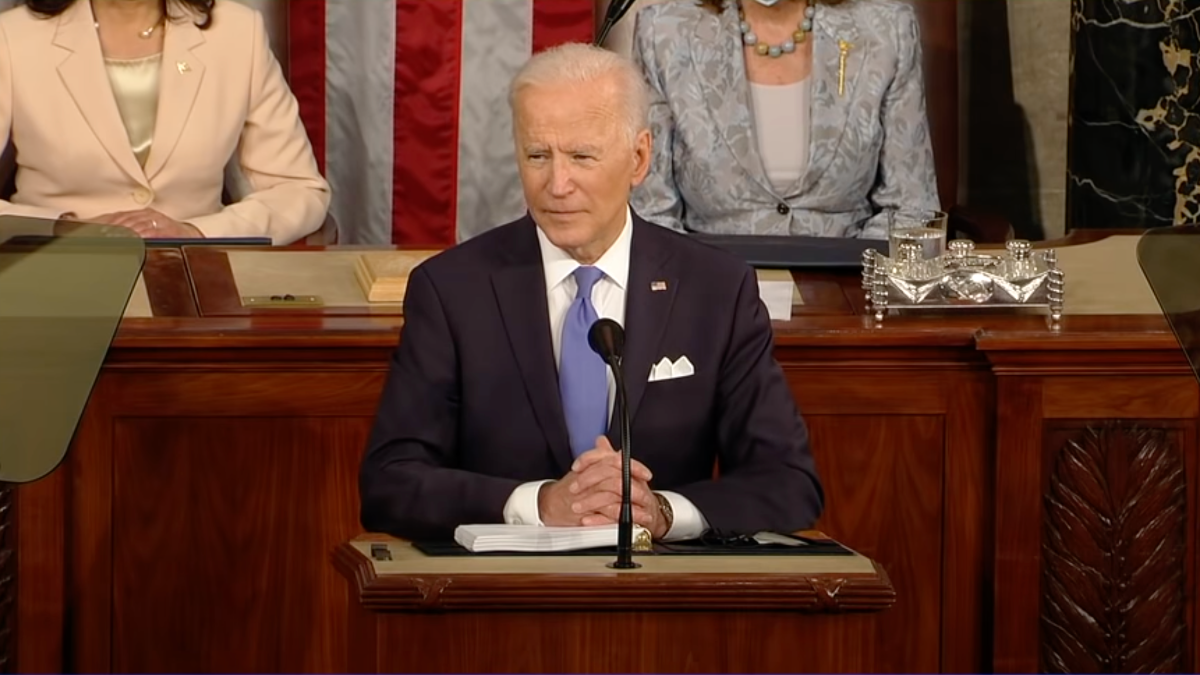Top photo: President Biden addresses his first joint session of Congress on April 28, outlining the priorities of his administration. (Photo: White House / YouTube)
Welcome to Factal Forecast, a look at the upcoming week’s biggest stories and what they mean from the editors at Factal. Published every Thursday, Forecast is a newsletter to help you get a jump-start on the week ahead. Get it in your email by subscribing for free.
A look ahead:
May 28/ Biden to offer budget proposal: President Joe Biden will unveil his first detailed budget proposal as president Friday, a day later than initially planned.
- What’s happened so far: The budget, expected to be approximately f $1.52 trillion in federal spending, will cover the fiscal year beginning in October and give a first look at spending programs the Biden administration intends to cut or expand. According to a request unveiled in April, the administration is seeking massive increases in funding for education, health care and environment, with national security expenditures remaining flat. Breaking significantly from his predecessor, Biden’s proposal will likely seek to increase funding across cabinet departments, with the fight against climate change driving requests.
- The impact: The spending proposal is sure to set up a congressional clash with lawmakers from both parties unhappy with pieces of the plan. Defense spending is one of the prominent points of discontent, with Republicans upset with spending remaining flat and Democrats seeking deeper cuts.

May 29/ UEFA Champions League final: Manchester City will face off with Chelsea on Saturday at Estadio Dragao in Porto, Portugal, for the most prestigious trophy in European soccer.
- What’s happened so far: Initially slated to be held at Atatürk Stadium in Istanbul, the match was moved after Turkey was placed on the United Kingdom’s red list for travel, preventing fans from attending. After a year of pandemic restrictions, UEFA President Aleksander Čeferin said depriving “those supporters of the chance to see the match in person was not an option.” Total capacity for the match will be 16,500, including each team’s allotment of 6,000 tickets made available to traveling supporters, and all attendees will have to show proof of a negative coronavirus test.
- The impact: European soccer fans have made their voices heard with significant protests in recent months, helping quickly derail a proposed “Super League,” and could again make their presence felt again on one of the sport’s biggest stages.
May 29/ Court hearing on Suez Canal blockage: An Egyptian lower court will hold a hearing on Saturday regarding who was at fault and how much compensation should be paid over the Ever Given, a Japanese-owned and Panama-flagged vessel that blocked the Suez Canal in March for nearly a week.
- What’s happened so far: Since the skyscraper-sized ship that disrupted global trade was freed in late March, the Suez Canal Authority (SCA) has ordered the Ever Given to remain in a holding lake mid-canal as the authority and ship owner try to settle the compensation dispute. On May 23, an Egyptian appeals court said it lacks jurisdiction to look into SCA’s demands to uphold financial claims that led to seizure of the cargo ship and referred the case to a lower court. Lawyers for the ship’s owners have blamed the SCA for the vessel’s grounding, while the canal has repeatedly denied wrongdoings.
- The impact: The May 29 lower court hearing will decide on the legality of the ship’s seizure until the settlement of the financial claim. The SCA demands $550 million in compensation over the blockade — lowered from its prior demand of $916 million — which authorities say accounts for the salvage operation, costs of stalled canal traffic and lost transit fees for the week the Ever Given blocked the canal. The vessel owners and the SCA also dispute justifications for the large compensation claim.
May 30/ Cyprus elections: Months after anti-government protests against coronavirus restrictions and corruption in the capital of Nicosia, voters in Cyprus will elect a new parliament Sunday.
- What’s happened so far: The 80-seat chamber is a de facto 56-seat body, with the remainder unfilled since Turkish Cypriot representatives withdrew in 1964. Polling has consistently shown theruling right-wing Democratic Rally (DISY) with a narrow lead, followed closely by the communist Progressive Party of Working People (AKEL). Poll workers will be required to show either proof of vaccination against coronavirus, or a negative test within 24 hours.
- The impact: In polling released earlier this week by the country’s public broadcaster, approximately two-thirds of respondents said the country was headed in the “wrong direction,” while more than a third said corruption was the biggest issue in Cyprus, ahead of the pandemic. Both sentiments increase the potential for new protests around the elections.

May 31/ New Delhi to ease coronavirus restrictions: More than a month after going into lockdown, New Delhi could begin rolling back coronavirus restrictions as early as Monday.
- What’s happened so far: One of the worst-hit Indian states, New Delhi was recording daily increases of nearly 30,000 new cases and more than 400 deaths at its peak last month. Extreme oxygen and medicine shortages exacerbated the already dire situation, leading local politicians and doctors to plead for federal assistance. Since then, official figures suggest the positivity rate has dropped from more than 36 percent to approximately 2.5 percent, though experts caution that coronavirus deaths are likely significantly undercounted. If the state numbers continue to drop, New Delhi’s chief minister said they will “start the process of unlocking.”
- The impact: New Delhi’s government has yet to clarify what limits will be lifted come Monday. All but essential businesses have been closed in the state for six weeks, and public transit is shut down, limiting movement. The reopening also comes amid a severe vaccine shortage, something the chief minister acknowledged would need to be rectified if they hope to keep case numbers down. Even as the state looks toward reopening, the government has already begun preparing for a potential “third wave,” with concerns that daily cases could top 30,000 if the state sees a new surge.
June 1/ Taiwan implements new water limits: On Tuesday, Taiwan is set to enact even tougher water restrictions on its population to keep its multibillion-dollar semiconductor industry running.
- What’s happened so far: Taiwan is known as one of the rainiest places on the planet with typhoons and monsoons hitting the island regularly. But in 2020, a typhoon did not hit Taiwan for the first time in decades. It also rained very little compared to past years, and many of its reservoirs fell below 10 percent capacity. This has led to a tough choice: irrigate crops or keep semiconductor chip factories up and running. The government chose the factories by stopping the irrigation of more than 180,000 acres of farmland. It also ordered water restrictions for some citizens, many of which will get worse Tuesday.
- The impact: Most of the world’s computer chips are made in Taiwan, and the drought is one of several factors that has led to the world’s ongoing shortage. If things continue to worsen, it could lead to more scarcity and delays for any consumer goods that use a semiconductor chip.

June 1/ Atlantic Hurricane season begins: Tuesday marks the official beginning of the 2021 Atlantic hurricane season, which is expected to end November 30. The season has already seen one named storm, Ana, which brought wind and rain to Bermuda before spinning off into the Atlantic.
- What’s happened so far: NOAA’s 2020 prediction of an above-normal season was correct, as the Atlantic saw a record-breaking 30 named storms and 12 landfalling storms in the continental United States. The year produced so many storms that it exhausted the official list of names and scientists had to resort to letters from the Greek alphabet. Data released in January showed that 2020 was the second hottest year on record, behind 2016, with higher temperatures contributing to the warm water that hurricanes require to strengthen.
- The impact: NOAA’s Climate Prediction Center says 2021 is expected to be an active season with a 60 percent chance of an above-normal number of storms, though it isn’t expected to be as busy as 2020’s season. This year isn’t expected to top last year’s storm total, with the weather agency expecting 13 to 20 named storms, six to 10 of which will develop into hurricanes. Three to five of those hurricanes are expected to become major storms of Category 3 status or above. The seasonal outlook will be updated in August.
June 2/ Israel government formation deadline: Israeli opposition leader Yair Lapid is racing to put together a cabinet of unlikely allies by Wednesday, looking to end Prime Minister Benjamin Netanyahu’s 11 years in office and save the country from having a fifth election over the span of two years.
- What’s happened so far: President Reuvin Livlin handed Lapid the mandate in early May after Netanyahu failed to secure a majority to form a government. Israel’s crackdown on West Bank Palestinians during the Muslim holy month of Ramadan and subsequent deadly military operation in the Gaza Strip have led to accusations by Netanyahu’s opponents that the actions were politically motivated.
- The impact: If successful, Lapid would replace Israel’s longest serving leader, bringing about possible change to the nation’s handling of the conflict with the Palestinians in the midst of the worst outbreak of violence since 2014. Lapid is said to be considering appointing at least one Palestinian-Israeli minister, in addition to joining forces with both left-wing and right-wing parties who all want to oust Netanyahu. Still, the task remains difficult after the recent escalation of conflict with the Palestinians froze the budding partnership between Lapid and one of his most important allies, right-wing Yamina party leader Naftali Bennett.
June 4/ G7 finance ministers meeting: Next Friday, London will host the first in-person meeting of G7 finance ministers since the beginning of the coronavirus pandemic.
- What’s happened so far: The meeting precedes the G7 Leaders Summit 2021 that will be held in Cornwall from June 11-13. The agenda includes discussions aimed at global economic recovery after the effects of coronavirus, with a focus on the shift to greener models, the protection of jobs, and how to support vulnerable countries severely hit by the pandemic. U.S Treasury Secretary Janet Yellen and guests from the European Commission, the World Bank, the International Monetary Fund and the Organization for Economic Co-operation will attend the meeting.
- The impact: One of the main topics that will be addressed is the global taxation of multinational digital service companies and big tech, an initiative openly favored by the new U.S. administration. Ministers are expected to reach an agreement that would create an equal opportunity landscape for countries and prevent companies from concentrating in low tax-paying areas. An agreement could set a precedent for a G20 deal later in the year.

What else matters:
Mali attempted coup: The leader of an August 2020 military coup has once again taken control of Mali after the country’s army detained the interim president and prime minister Monday. Colonel Assimi Goïta, who orchestrated the ousting of President Boubacar Keïta, claimed in a televised address he had been forced to seize power from the interim government after it violated the terms of the transition charter. The army’s actions were universally condemned by many groups and leaders — the UN called for the “immediate and unconditional release” of the detained leaders, while French President Macron threatened sanctions on those responsible.
- Watch for: Goïta pledged to fulfill obligations set during the deposed government’s transition charter, including holding elections in 2022. It’s highly unlikely, however, this will be accepted by the international community, particularly the UN peacekeeping mission that had been overseeing Mali’s political transition. Concerns are also mounting over an insurgency by jihadist groups, which began in 2012 when Mali’s former President Amadou Tomani Touré was ousted in a military coup. Such groups could capitalize on the current political instability to augment their control in some northern parts of the country.
Belarus plane incident: In an unprecedented maneuver, Belarusian authorities arrested an opposition activist and journalist over the weekend after scrambling fighter jets to force a Ryanair flight to land in Minsk. Authorities claimed the flight, which was flying from Athens to Lithuania was diverted to Minsk over Belarusian airspace due to a bomb threat attributed to Hamas — a claim Hamas denied. The plane was intercepted in the air and forced to land in Minsk despite being closer to its destination airport in Lithuania after a direct order from President Alexander Lukashenko.
- Watch for: The arrest and the manner in which it took place led to widespread international outcry and represents yet another escalation of Lukashenko’s prolonged crackdown on dissent following last August’s presidential election. The election, which saw opposition candidate Sviatlana Tsikhanouskaya claim victory, prompted some of the largest protests against Lukashenko’s rule since he came to power in 1994. The United States and its European partners roundly condemned Sunday’s action as a “state-sponsored hijacking” and promptly moved to sanction Belarusian entities as well as move to divert all aircraft from Belarus’ airspace and ban Belarus’ state air carrier from flying to European airports. With ties between Belarus and the west further deteriorating after significant strides in recent years, it’s worth monitoring Lukashenko’s third meeting this year with Russian President Vladimir Putin as the two explore further integration.
Extended outlook: What’s on our radar in the coming weeks
May 28: Biden unveils budget proposal; planned Northrop Grumman cargo launch to the International Space Station
May 29: UEFA Champions League Final; court hearing on Suez Canal
May 30: Cyprus elections; scheduled finish of 2021 Giro d’Italia; main draw of French Open begins; Indianapolis 500
May 31: New Delhi plans to ease restrictions
June 1: Special election for New Mexico’s 1st congressional district; Atlantic hurricane season officially begins; Taiwan implements new water limits
June 2: Mandate expires for Yair Lapid to form new Israeli government
June 3: Planned launch for SpaceX Commercial Resupply Service mission to International Space Station
June 4: G7 finance ministers meeting
June 5: Ethiopian parliamentary election
June 6: Federal elections in Mexico; Peru runoff election
June 8: Sheikh Jarrah court hearing in Israel; Vice President Kamala Harris to visit Mexico; statewide primary elections in Virginia and New Jersey
June 9: Presidential election in Mongolia
June 11: G7 Summit in Cornwall, England; UEFA Euro 2020 men’s soccer tournament
June 12: Algerian legislative elections; Trooping the Colour military ceremony in London
June 14: NATO summit in Brussels
June 18: Iranian presidential election

